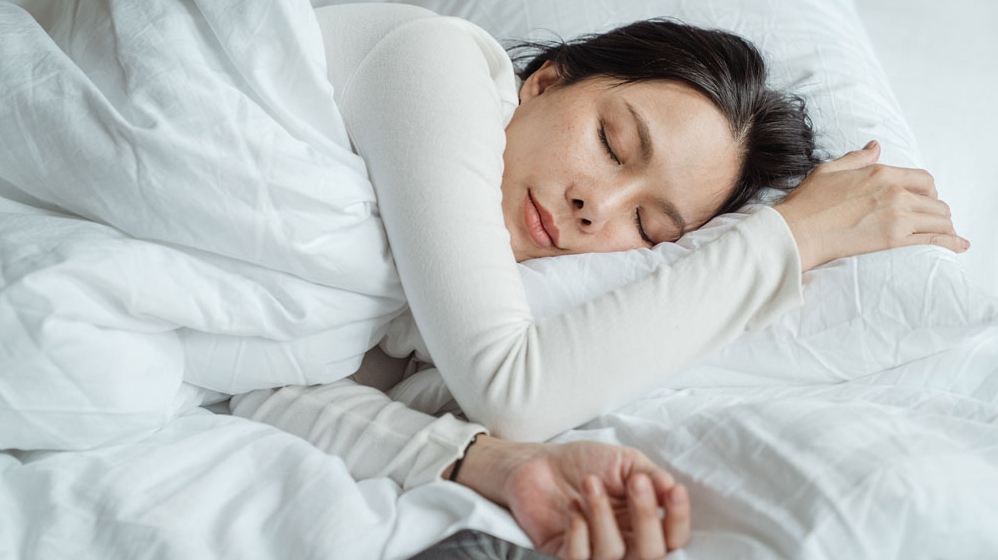TORONTO -
A new U.S. study suggests that taking a short nap during the day won't relieve the effects of sleep deprivation following a restless night.
The study, conducted by researchers out of Michigan State University's (MSU) Sleep and Learning Lab, found that short naps ranging between 30 and 60 minutes are ineffective in mitigating the potentially dangerous cognitive effects of sleep deprivation.
The findings were published Thursday, in the peer-reviewed scientific and medical journal Sleep.
The study involved 275 college-aged participants who completed cognitive tasks at MSU's lab in the evening before going to bed.
According to the study, the tasks measured attention and place keeping, such as the ability to complete a series of steps in a specific order without skipping or repeating them, even after being interrupted.
The participants were randomly split into three groups. The first group was sent home to sleep, the second stayed at the lab overnight and had the opportunity to take either a 30- or a 60-minute nap, while the third group did not nap at all in the deprivation condition, according to researchers.
The following morning, all of the participants reconvened in the lab and repeated the cognitive tasks they performed the night before.
"The group that stayed overnight and took short naps still suffered from the effects of sleep deprivation and made significantly more errors on the tasks than their counterparts who went home and obtained a full night of sleep," said study author and director of MSU's sleep lab Kimberly Fenn in a press release.
While the naps showed no "measurable effects" in mitigating the cognitive effects of sleep deprivation, researchers reported that the amount of slow-wave sleep (SWS) -- the deepest and most restorative stage of sleep -- obtained during the nap was linked to a reduction of impairments associated with sleep deprivation.
According to the study, SWS is the stage of sleep when one's body is most relaxed and when heart rate and respiration are at their slowest. Researchers say SWS is marked by high amplitude, low frequency brain waves.
"When someone goes without sleep for a period of time, even just during the day, they build up a need for sleep; in particular, they build up a need for SWS. When individuals go to sleep each night, they will soon enter into SWS and spend a substantial amount of time in this stage," Fenn explained.
The study found that every 10-minute increase in SWS reduced errors in the tasks that involved completing a series of steps in a specific order after interruptions "by about 4 per cent."
"Individuals who obtained more SWS tended to show reduced errors on both tasks. However, they still showed worse performance than the participants who slept," Fenn said in the release.
However, researchers noted that the amount of SWS obtained – if any – during a nap varies from person-to-person.
While these numbers may seem small, Fenn said they are significant.
Given the types of workplace errors that can occur in sleep-deprived operators, such as those of surgeons, police officers or truck drivers, "a 4 per cent decrease in errors could potentially save lives," Fenn said.
Researchers hope the findings highlight the importance of prioritizing a restful sleep and that naps, even if they include SWS, don't replace the benefits from a full night’s sleep.









































